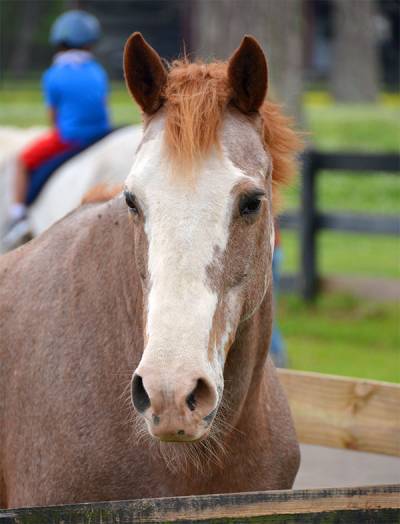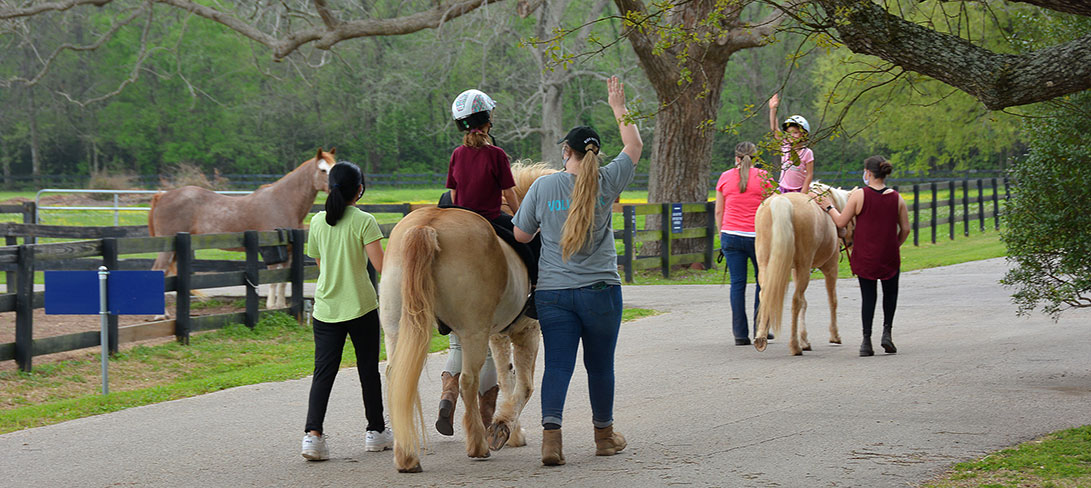Program Overview
Equine Assisted Learning (EAL) is an experiential approach that promotes the development of life skills for education, professional and personal goals through equine assisted activities. In an EAL setting, equine-human interaction is guided by a planned learning experience to meet the identified goals or desires of the participant(s).
Skills learned will transfer to life skills such as:
Lesson Structure
Lesson plans will be individualized based on underlying goals and objectives, using Casel’s 5 core competencies for Social-Emotional Learning (SEL). Chosen because they are evidence-based, readily integrated into school systems’ existing SEL programs, and most importantly, capitalize on the unique characteristics of horses. Sequenced activities such as grooming and tacking emphasize executive functioning skills of initiation, inhibition, task maintenance, and task completion.
Social-Emotional Learning Core Competencies:
Session Types
Sessions will be two hours in duration consisting of an opening circle, two activities, and a closing circle for discussion and reflection. Progress is monitored by meeting prior to the beginning of the program to review goal and maintaining ongoing communication throughout the duration of the program.
There are three types of sessions:
Activities Incorporated
Why Horses?
 Horses are highly social and are driven to seek connection. Meaningful relationships with horses require a person to be self-aware, regulated, empathetic, open to an authentic relationship, and responsible. Equines use mostly non-verbal communication and are in-tune with human behavior. This can help participants to better understand and learn how our non-verbal communication might be impacting or influencing others in their lives. For struggling individuals, it can be easier to start with learning how to have a healthy relationship with the horses. Then transfer those skills to everyday life interactions with those around them.
Horses are highly social and are driven to seek connection. Meaningful relationships with horses require a person to be self-aware, regulated, empathetic, open to an authentic relationship, and responsible. Equines use mostly non-verbal communication and are in-tune with human behavior. This can help participants to better understand and learn how our non-verbal communication might be impacting or influencing others in their lives. For struggling individuals, it can be easier to start with learning how to have a healthy relationship with the horses. Then transfer those skills to everyday life interactions with those around them.
A horse’s survival depends on their ability to be alert to very subtle cues, they are especially aware of incongruence (difference between what is on the outside and what is on the inside) in humans. A person must have the ability to read the horse’s response and the motivation to regulate their interactions to be sure that they are congruent with their intentions and emotions. They can give individuals feedback about themselves that does not make them defensive the way it would if it came from another person. Horses react honestly, quickly, and non-judgmentally. Learning how to listen requires the core competencies incorporated in our program.
Equine-human interaction is highly rewarding for both parties when the connection is respectful and regulated. Horses are highly motivating, fun, and rewarding on many levels. This allows the individual to build self-worth from a sense of competence and affiliation.


